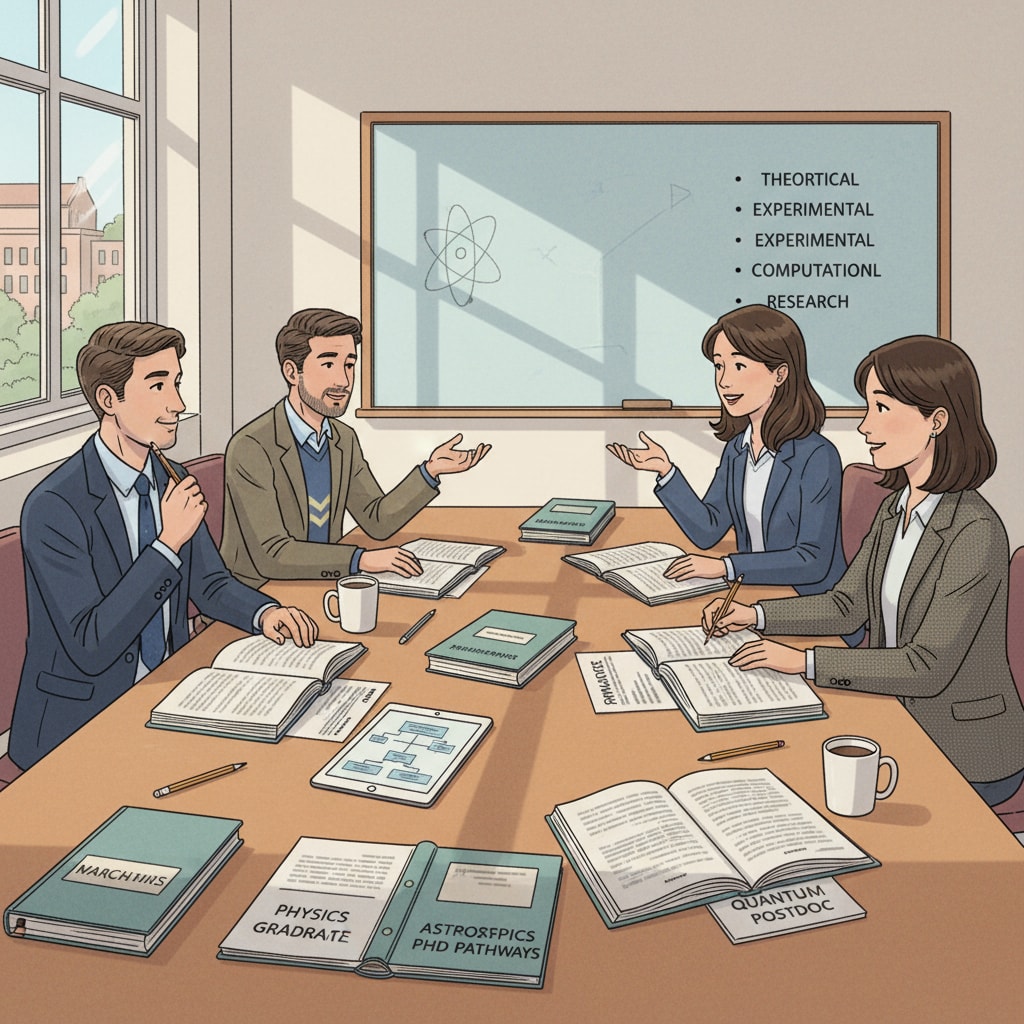In the realm of education, in-service physics teachers often contemplate the idea of pursuing postgraduate degrees, a journey that combines the worlds of teaching and advanced academic learning. This pursuit holds great potential for personal and professional growth. However, it comes with its fair share of challenges.

Let’s explore how these teachers can navigate this path successfully.
Time Management: The First Hurdle
One of the most significant challenges for in-service physics teachers pursuing postgraduate degrees is time management. With their daily teaching responsibilities, grading papers, and preparing lessons, finding dedicated time for postgraduate studies can seem daunting. However, with proper planning, it is achievable. For example, teachers can break down their study tasks into smaller, manageable chunks and allocate specific time slots during the day or week. According to Time Management Strategies for Educators on TeachThought, creating a detailed schedule can greatly enhance productivity.

Course Selection: Aligning with Goals
When it comes to postgraduate courses, in-service physics teachers need to make strategic choices. The courses should not only align with their academic interests but also contribute to their professional development. For instance, if a teacher is interested in integrating modern physics concepts into their teaching, they might opt for courses in advanced physics theories. Postgraduate Courses on UCAS offers a wide range of options to explore. This way, they can enhance their knowledge base and bring fresh perspectives to their classrooms.
Another aspect to consider is the format of the courses. Some postgraduate programs offer online or part-time options, which are highly suitable for in-service teachers. These flexible formats allow teachers to continue their teaching commitments while pursuing their degrees.
Career Development: The Long-Term Perspective
Pursuing a postgraduate degree as an in-service physics teacher can have a profound impact on long-term career development. It can open doors to new opportunities, such as research positions or leadership roles in educational institutions. Teachers with advanced degrees are often better equipped to contribute to curriculum development and educational innovation. As a result, they can have a greater influence on the future of physics education.
Readability guidance: By focusing on time management, course selection, and career development, in-service physics teachers can successfully pursue postgraduate degrees. This journey is not only about academic achievement but also about professional growth and contributing to the field of physics education. With dedication and proper planning, they can balance their teaching responsibilities and academic pursuits.


